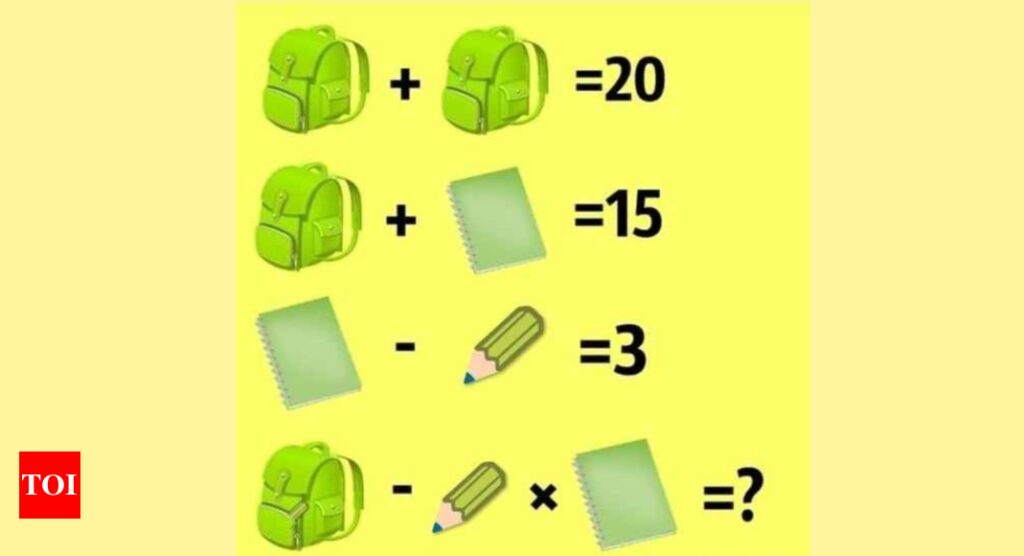Here’s a new challenge for you. In this image there are ‘Bot’ in every row and column. The challenge is to find a strange word in this image. Now, finding a strange word may seem easy but picking out a strange word that looks and resembles all the other words will definitely be a difficult job. Somewhere in this blue-black picture, the strange word “Bat” is hidden but surrounded by decoys. This optical illusion challenges you to take a closer look at this photo and recognize the word in less than five seconds. It makes for an incredible brain workout to focus and dive into things while thinking creatively.
Who wouldn’t love to develop their perception and observation skills when given 5 free minutes? But some people are scratching their heads about this conundrum. For those who can’t see it, don’t worry because we have the answer.
If you adjust your eyes for just a second, you’ll notice something suspicious in the upper left corner. Optical illusions are mentally challenging games. To quickly solve such puzzles, we pay attention to important patterns. First, look through the list of words and search the categories. Then, mentally group similar words in each category and easily find odd words. Sometimes the word weird won’t be obvious based on the category alone. So look for small differences in spelling, meaning or context.
The important factor to use to solve optical illusions easily is practice; Practice is key. The more optical illusions you solve, the faster your brain detects patterns and irregularities. Gradually, your mind will become highly effective in immediately identifying the strange word in the puzzle.

(Photo: Mirror UK)
Resolving optical illusions provides several cognitive benefits. They challenge the brain to think critically, improving problem-solving skills and visual-spatial reasoning. By interpreting different perspectives, the brain enhances its ability to process information effectively, increasing awareness and concentration. Additionally, the use of illusions can promote creativity and mental flexibility, as it encourages the mind to explore unique solutions. These exercises also promote mindfulness by requiring deep focus and attention to detail. Overall, solving optical illusions is a fun and engaging way to stimulate brain function, improve mental agility, and enhance cognitive performance.



